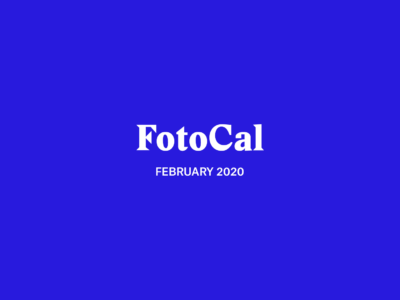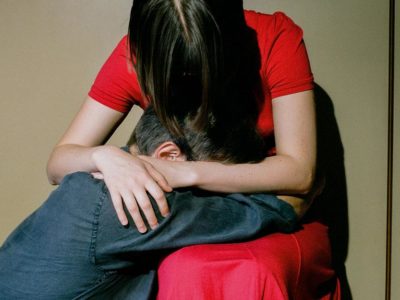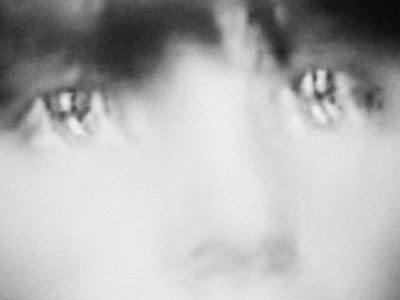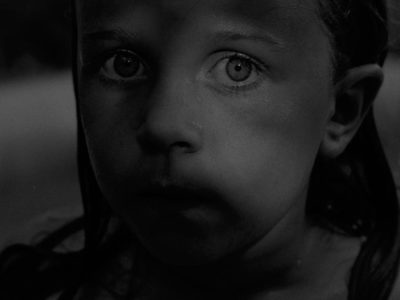FotoFirst — Marta Zgierska Covers Her Body with Wax to Transform Herself into a Votive Figure
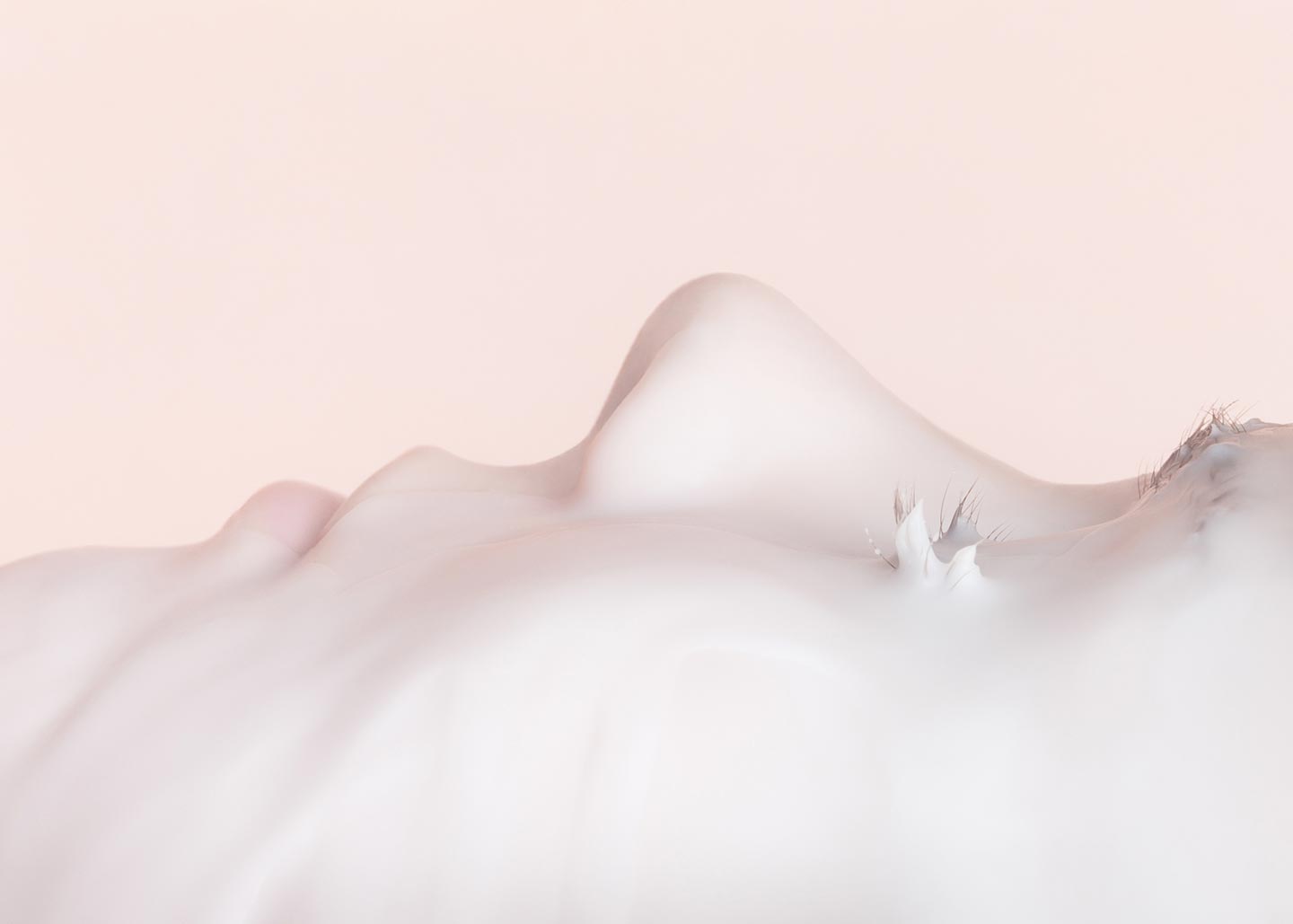
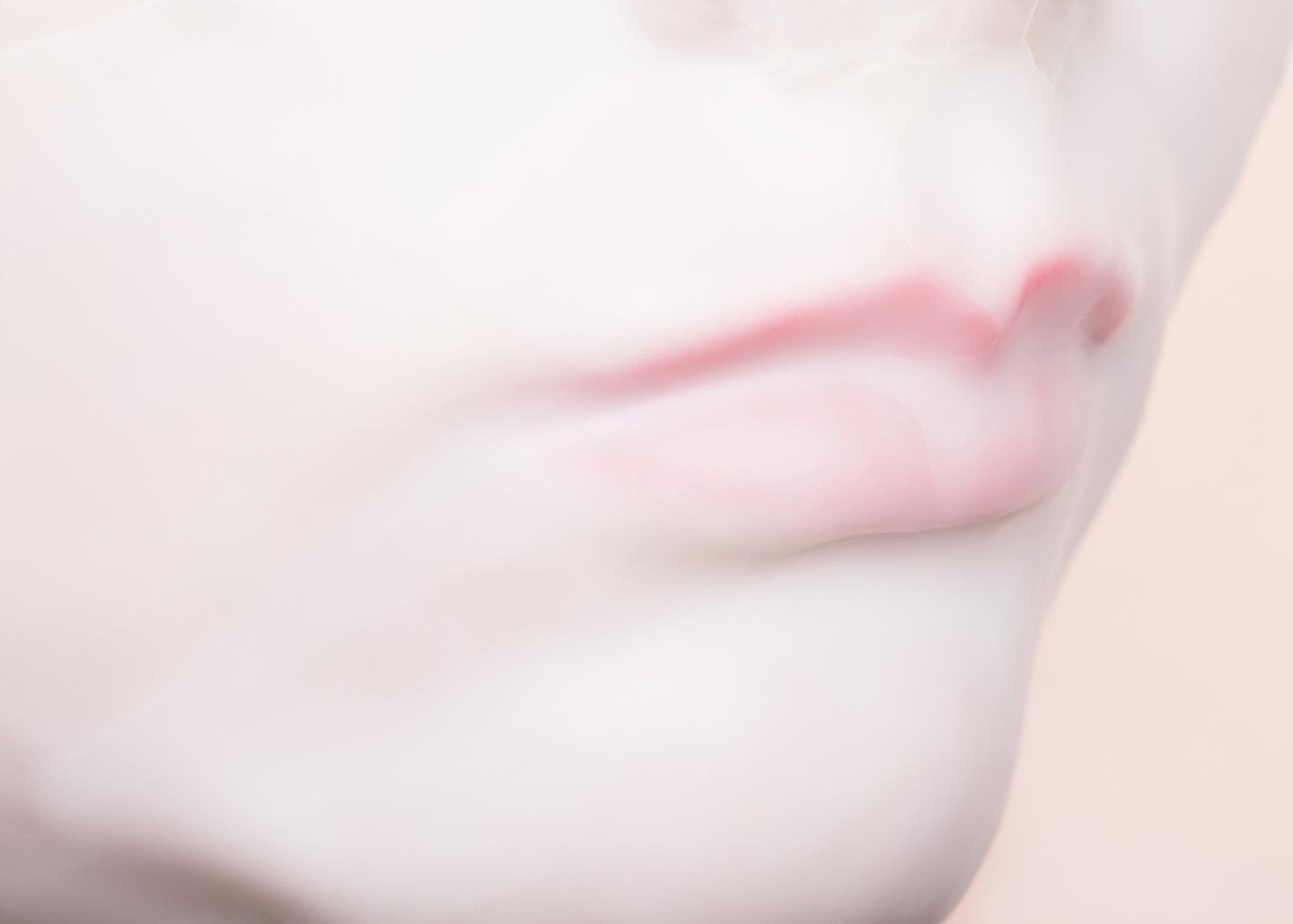
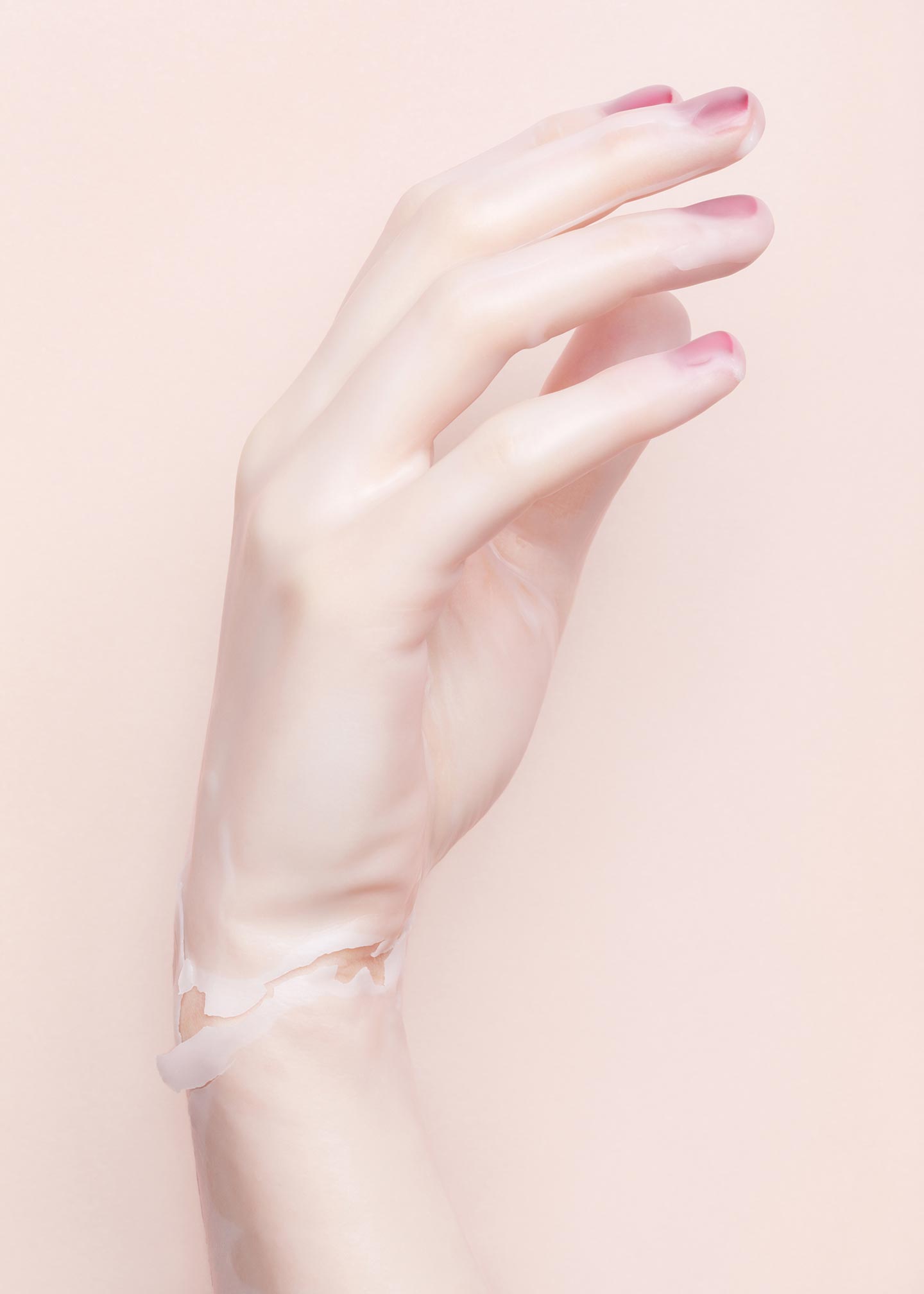
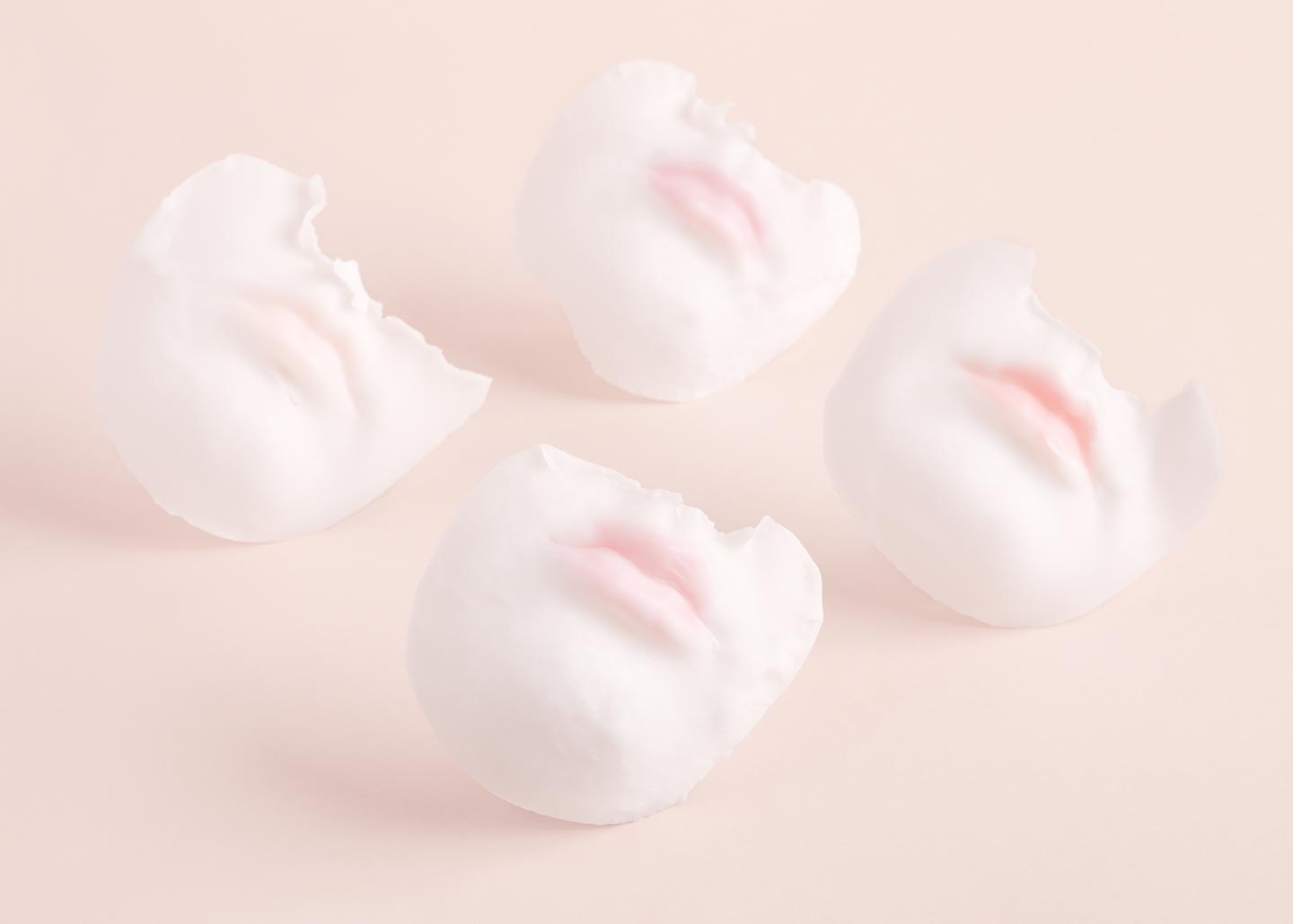
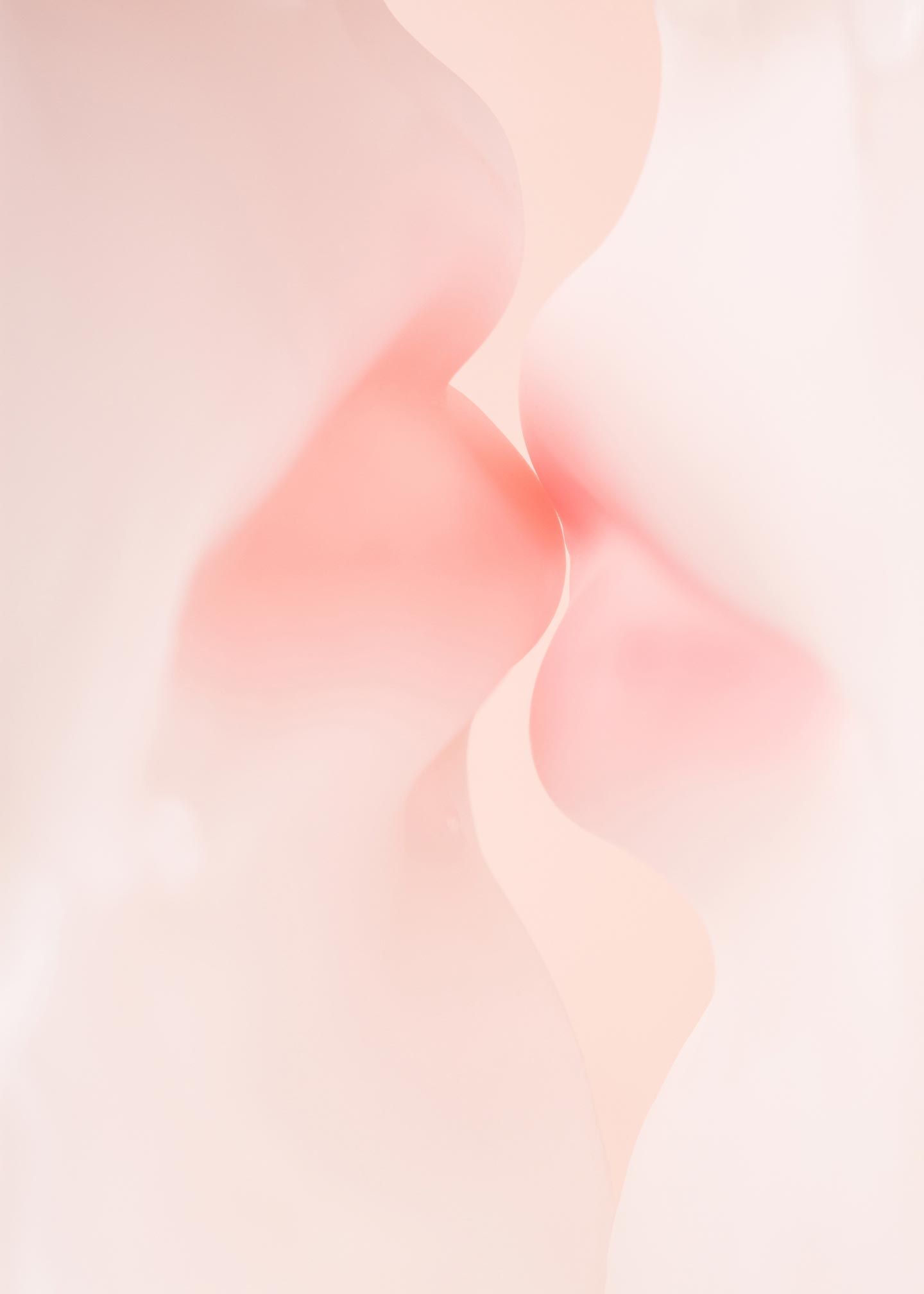
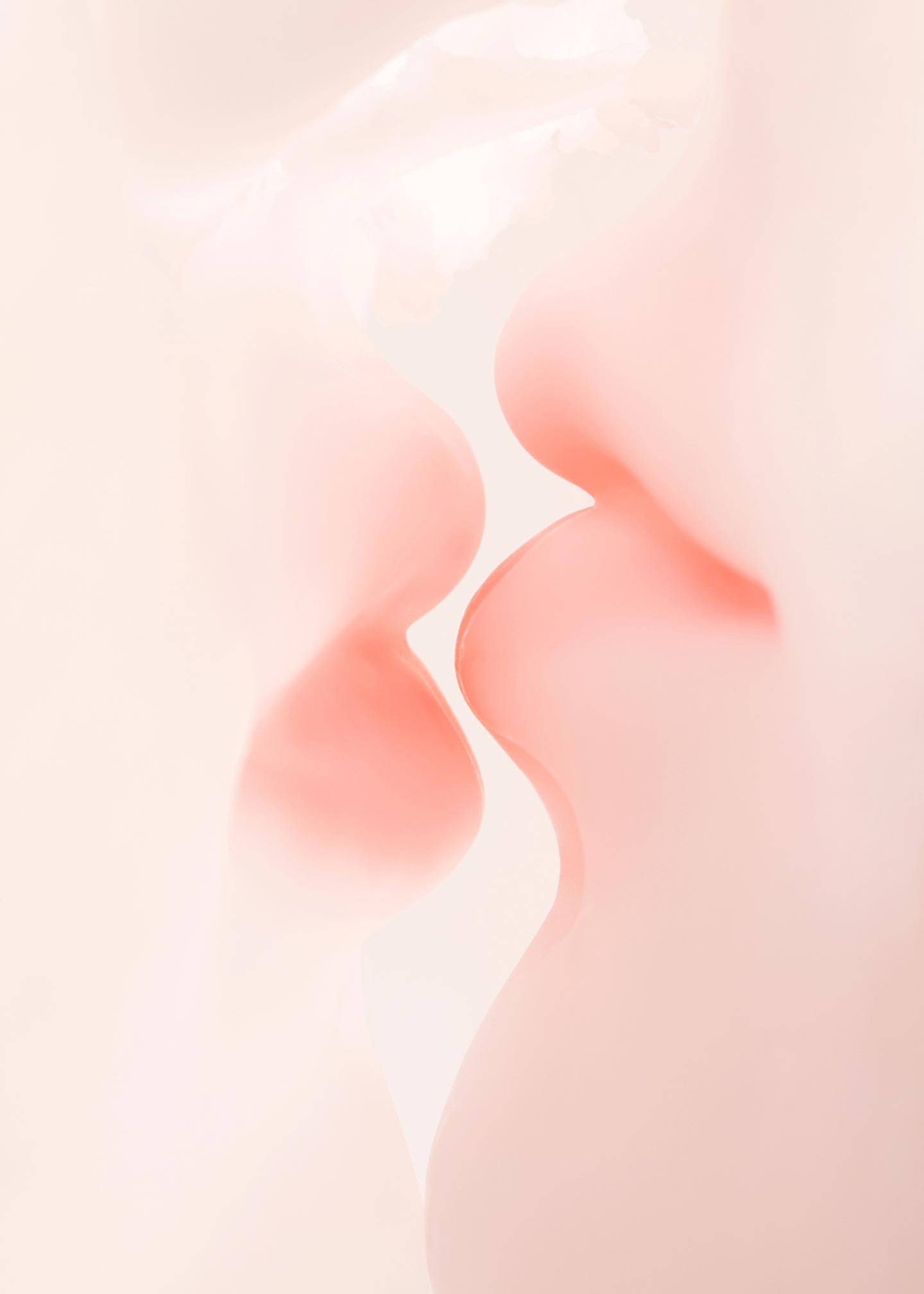
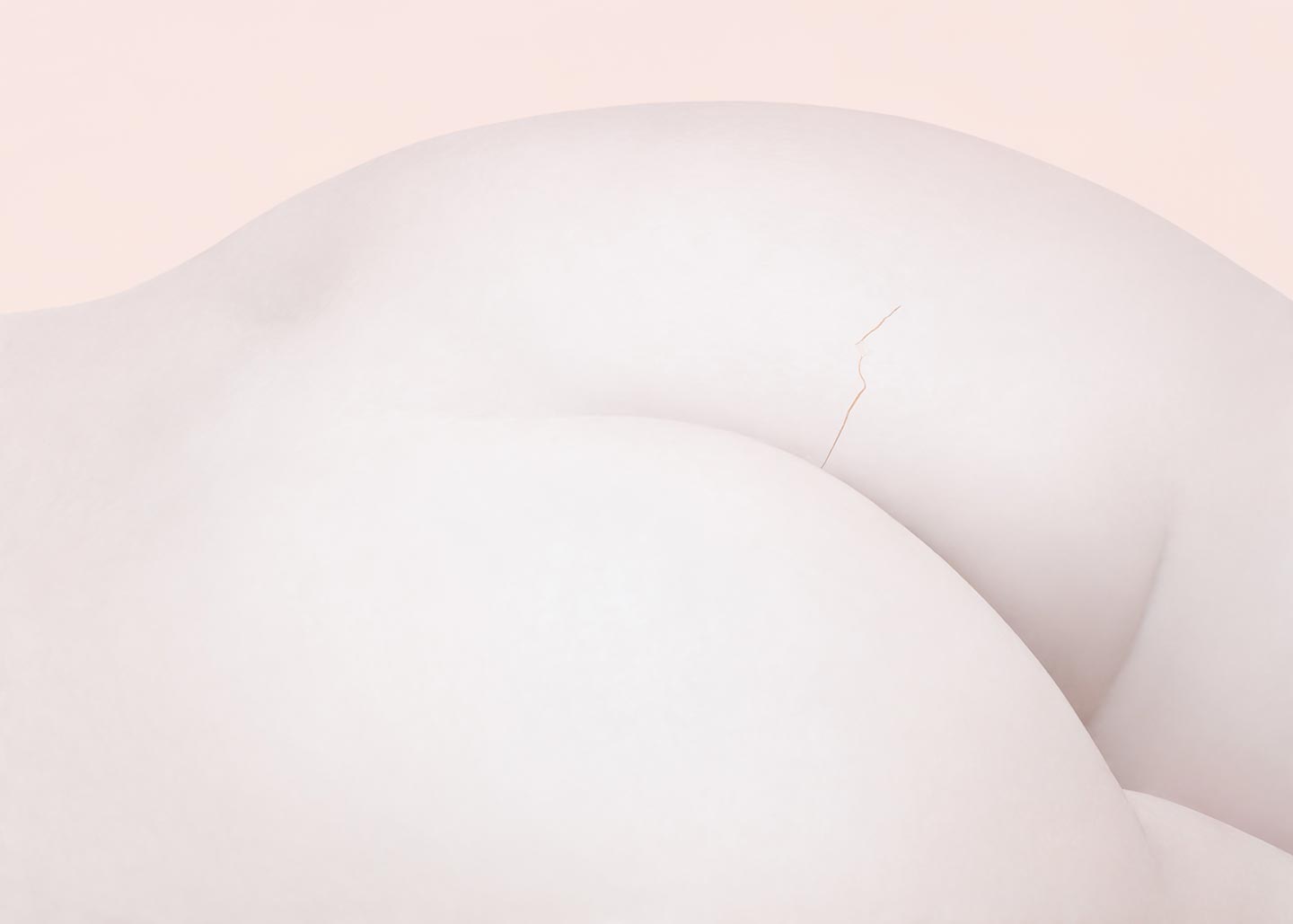
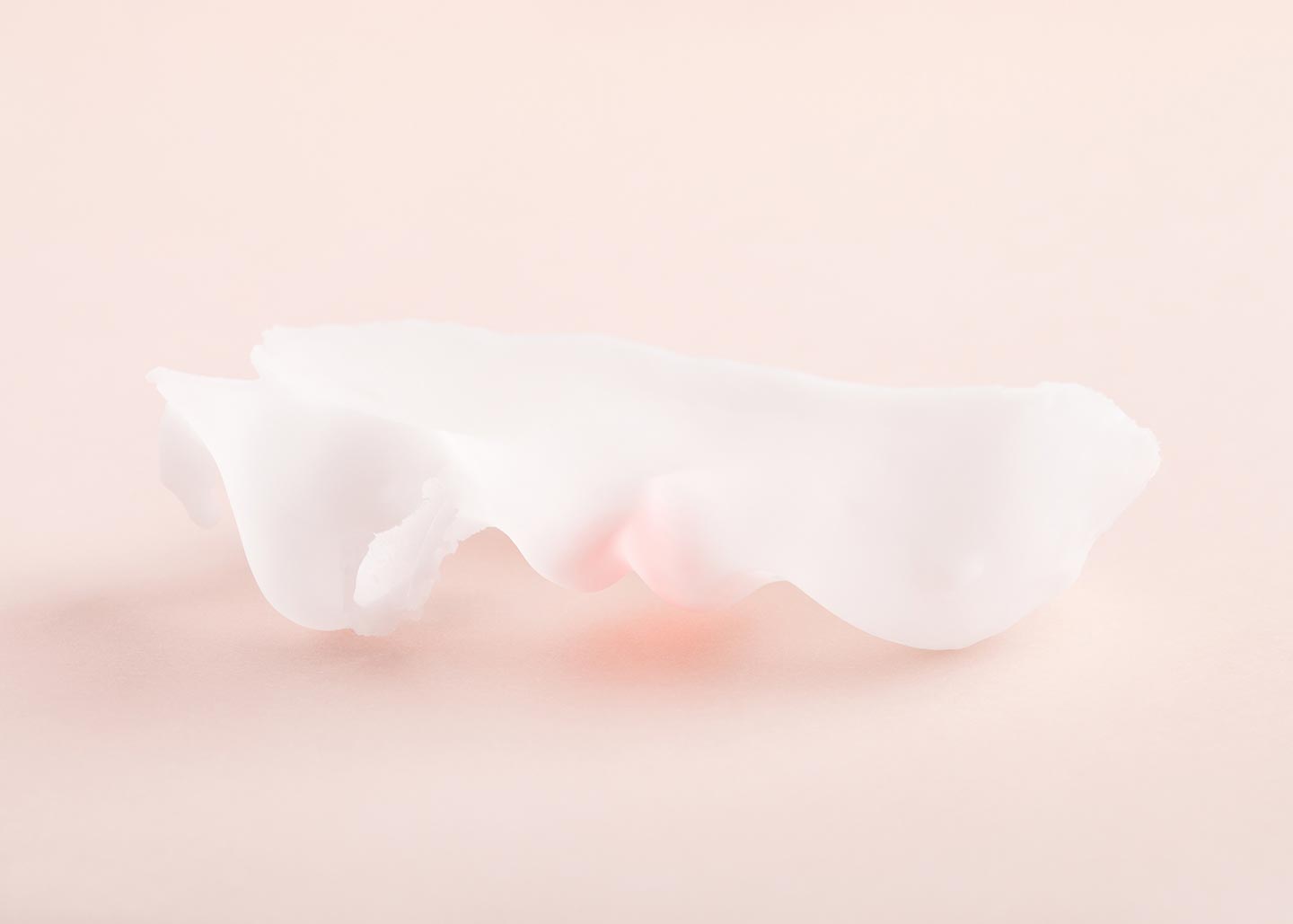
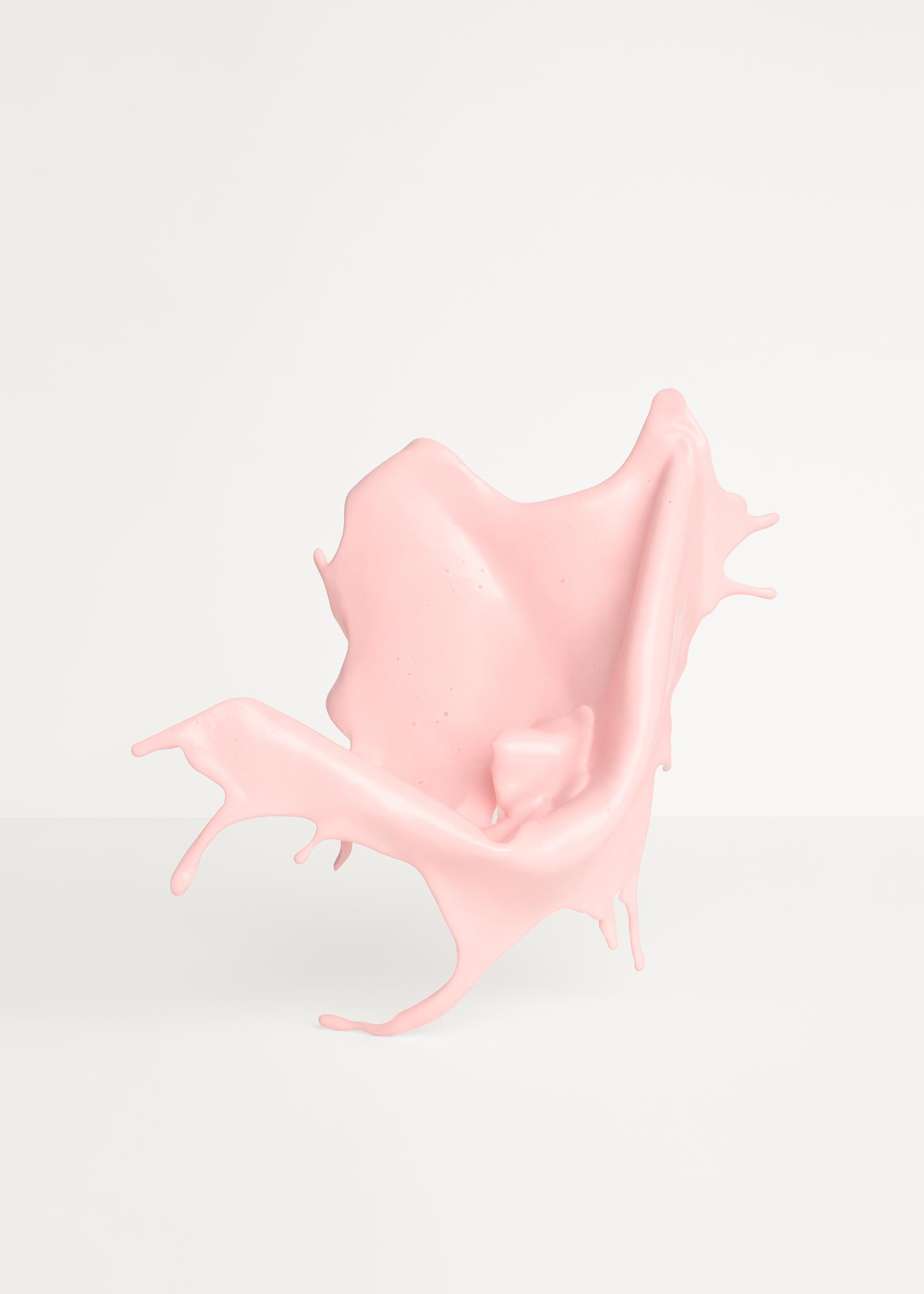
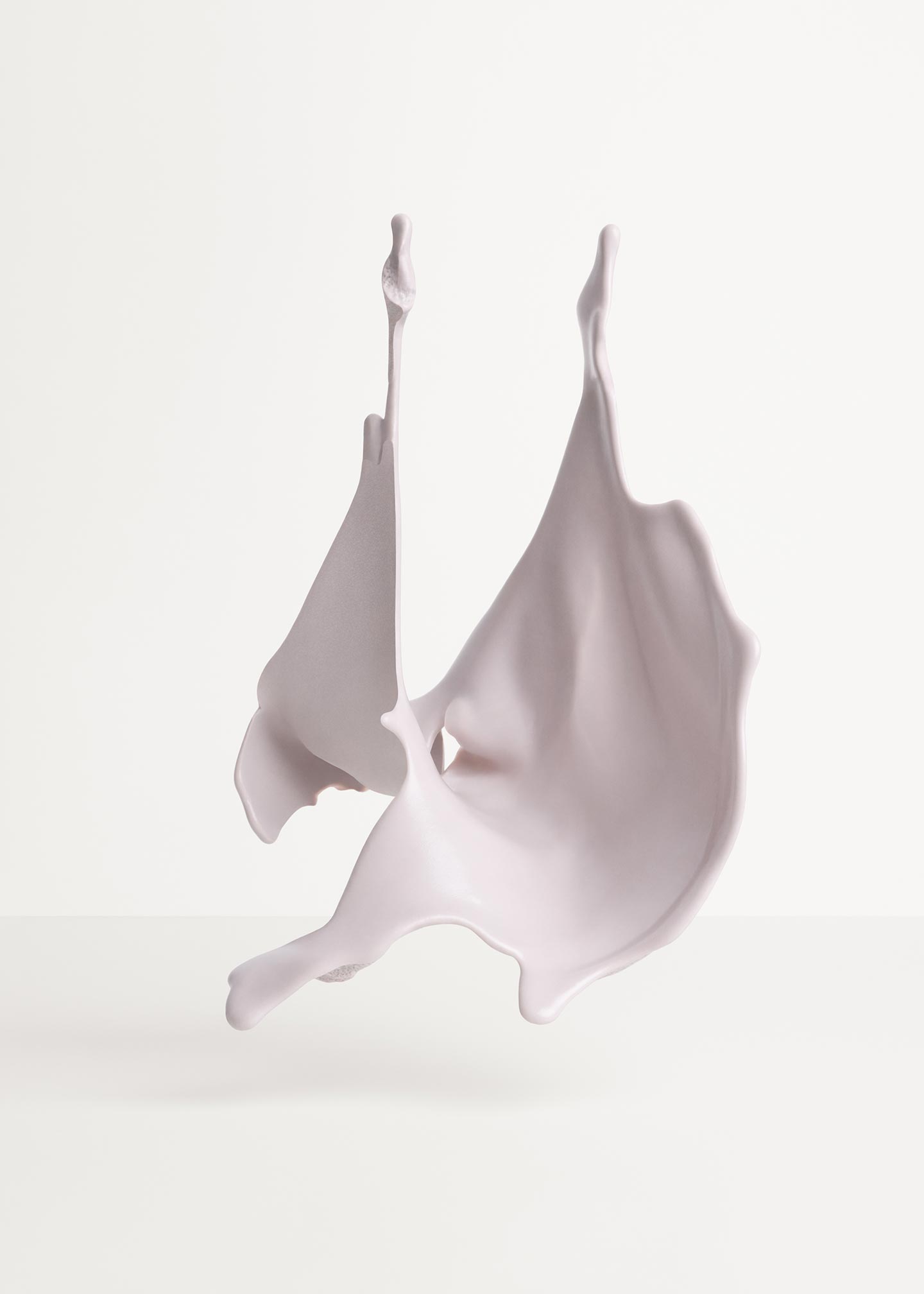
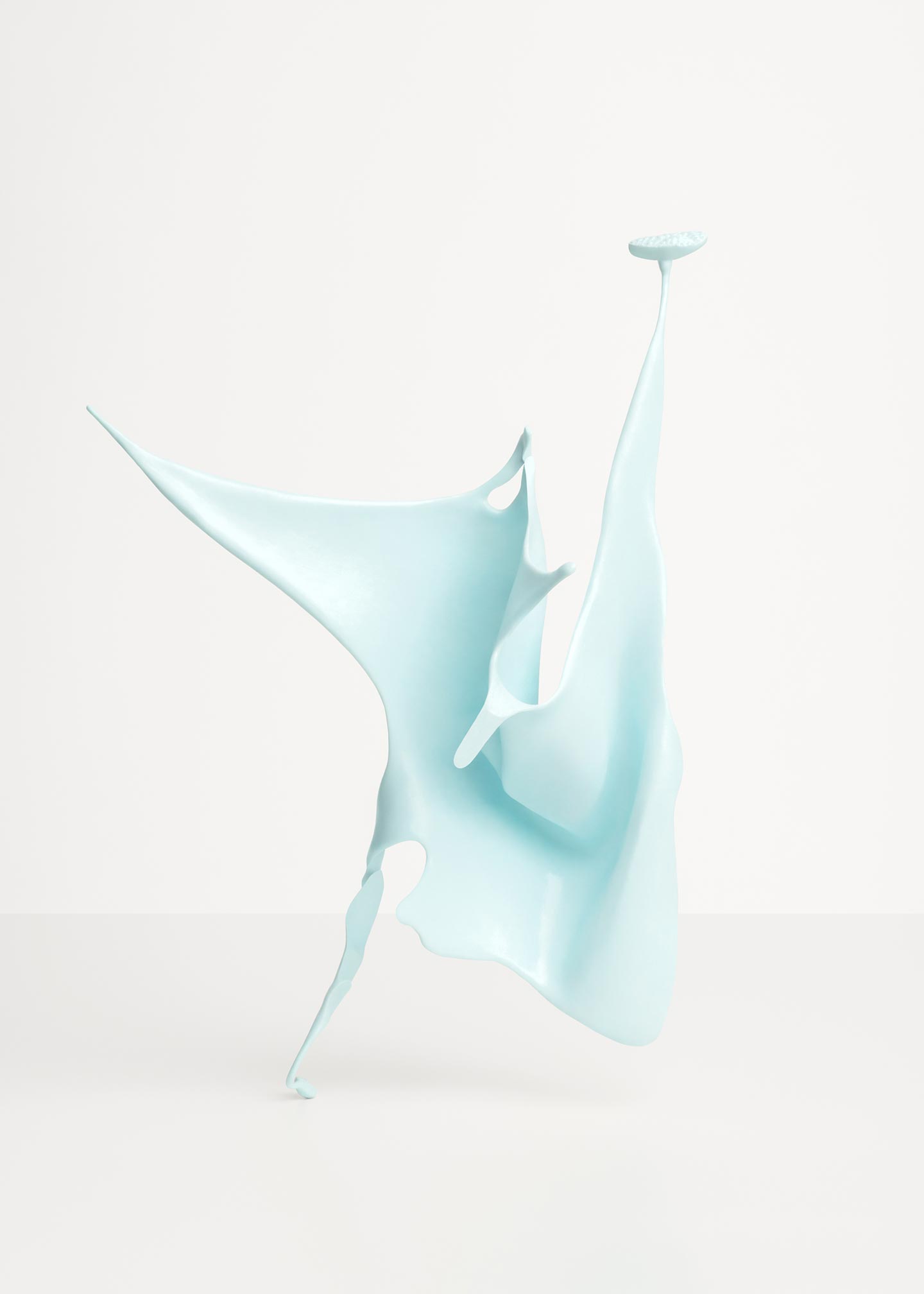
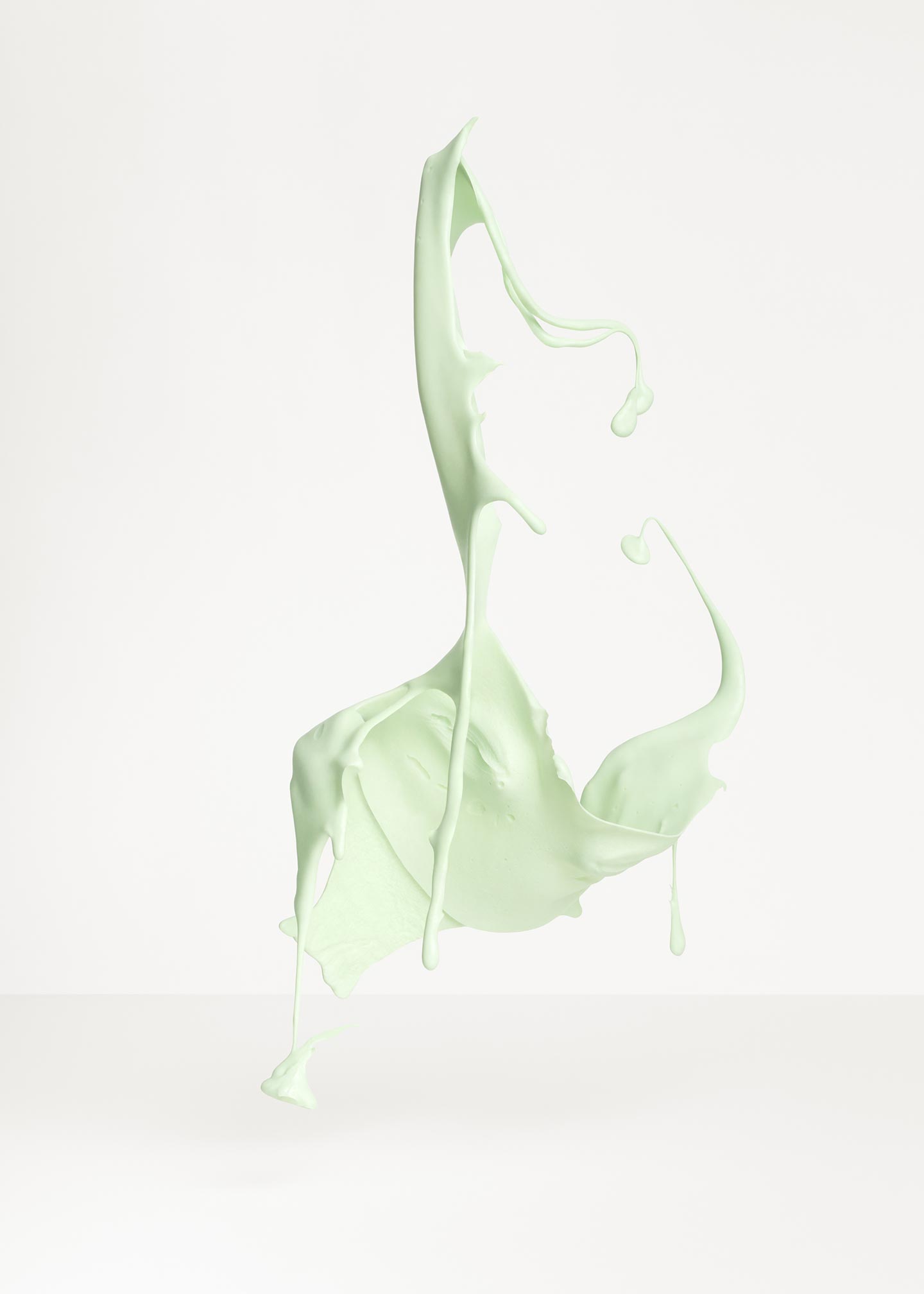
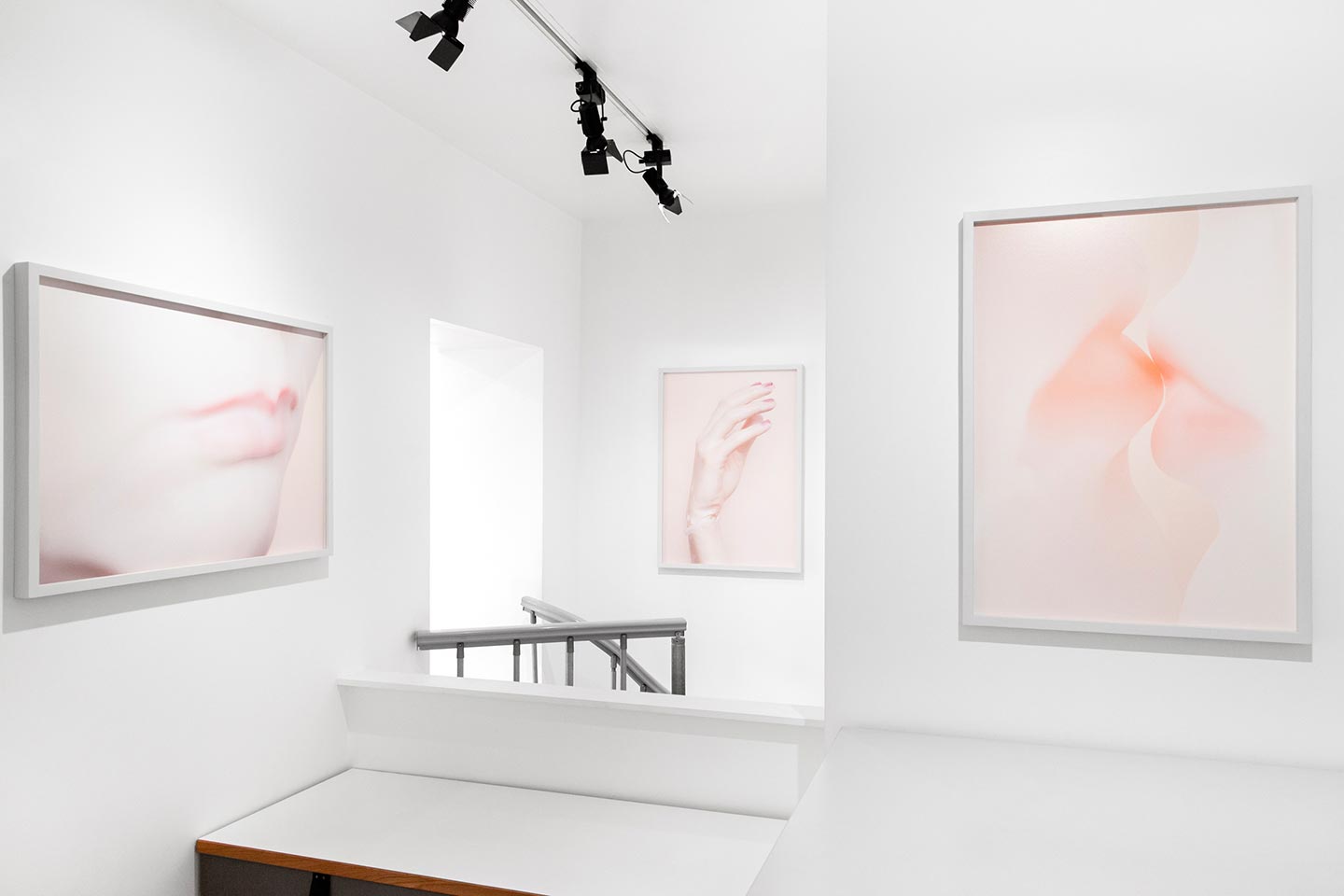
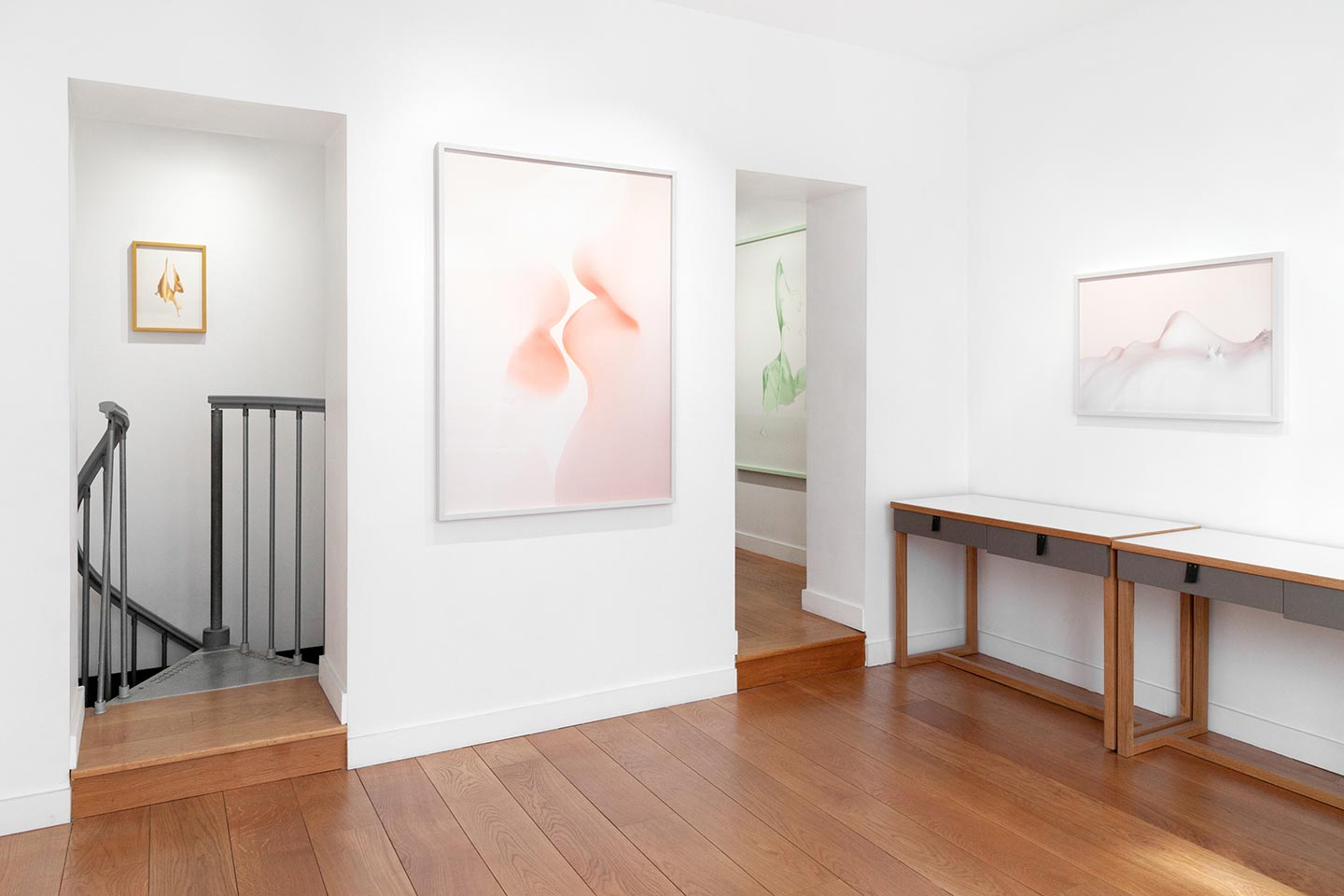
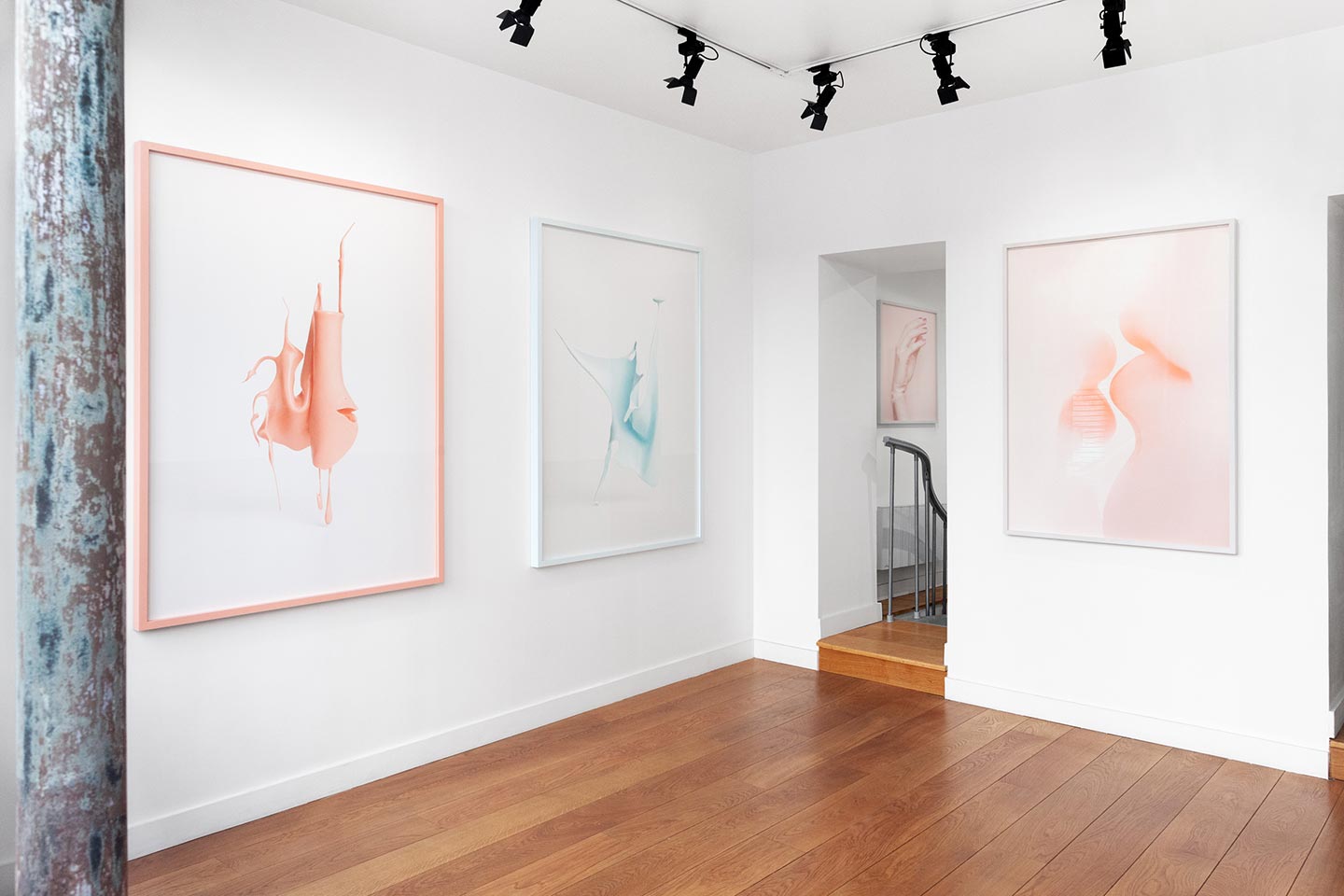
Votive Figure and Afterbeauty by Polish photographer Marta Zgierska are two short series of images around the idea of beauty currently on view at Galerie Intervalle in Paris. “I would like to pose a question on the nature of beauty in the contemporary world” Marta says about the works. “Today the cult of beauty, in a paradoxical twist, spreads best through virtual reality, gaining millions of followers in the process. These works deal with the same issues in different ways: my goal is to undermine the current beauty canons and the social pressure they create, as well as expectations on the female body image.”
To create the images of Votive Figure, Marta covered her body with hot, liquid wax, which she chose for its use in sacred rituals: her attempt here is to make a votive figure of herself and metaphorically sacrifice her body on the altar of beauty. “In the Middle Ages votive figures were so popular that there was a whole industry around them. People placed the figures at shrines and churches as offerings to the saints they worshipped, requesting protection in exchange. They were often made in wax and represented ill body parts or organs that the worshippers were asking healing for. Similarly, I’ve made a votive figure of my own body as a symbol of our efforts to become beautiful, in a world where the only religions are popularity on social media and looking young for as long as possible.”
“As soon as it touches the skin, wax becomes solid in a flash” Marta explains. “The fragility and changeability of this material is so fascinating. It’s easy to burn yourself, though: the process of covering your face with wax can be dangerous for the skin, eyelashes and eyebrows. But the difficulty of the process is always an important part in my work, even though it can’t be seen in the final images. In fact, the process is the point. The process is the essence.” Marta’s body, as represented in Votive Figure, also recalls the looks of human-like robots seen in some sci-fi films: “This aspect is really important, because the images refer directly to the present day, to changes in our perception of reality. This sort of futuristic, technologic aesthetics indicates the importance of technology in the way we communicate today and the role of social media, especially Instagram.”
The abstract shapes seen in the other work, Afterbeauty, were made with used facial masks: “I repeatedly applied beauty masks on my face until it became dangerous for my skin. What’s left of the masks after being removed can unexpectedly take attractive, colorful, abstract forms. These shapes, when presented without context, initially invite a purely aesthetic perception. This primary reception highlights the question of beauty.”
Marta describes these series as “my visual reaction, my reflection on the pressure that contemporary societies put on women about how they should look. But there are other aspects, too. In one of the images of Votive Figure titled “Selfkiss”, I photographed two wax casts of my face as if they were kissing each other: the work is also about how we adore ourselves, especially when we communicate our lives in social media. I ask a question about the importance of our efforts to stay young and beautiful, in the perspective of an upcoming global catastrophe.”
As an artist, Marta uses photography to make a sense of her own experiences: “Each photograph is an expression of feelings within me—my anxieties, doubts, memories. The themes I choose to work on (such as beauty in this case) are always relevant for me on a personal level.” Some of her favorite contemporary photographers are John Divola, Dune Varela and Darren Harvey-Regan. The last photobook she bought was Human Landscapes by Alina Szapocznikow.
Marta’s #threewordsforphotography are:
Process. Gesture. Imprint.
Keep looking...
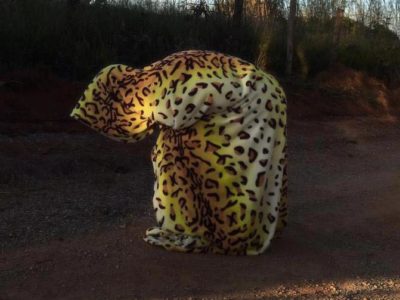
Theo Tajes Wins the Single Images Category of FotoRoomOPEN | foto forum Edition
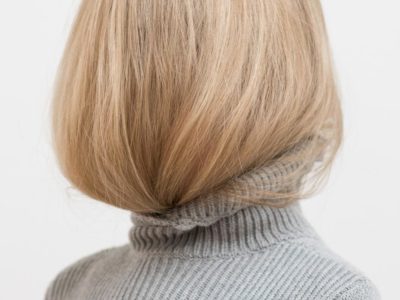
Stefanie Minzenmay Wins the Series Category of FotoRoomOPEN | foto forum Edition
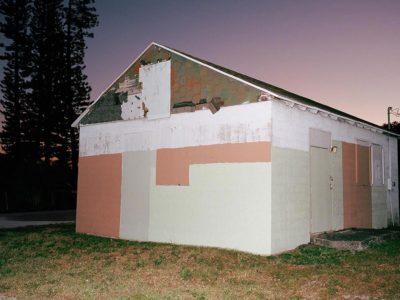
FotoFirst — Michael Dillow’s Photos Question the Idea of Florida as a Paradisiac Place
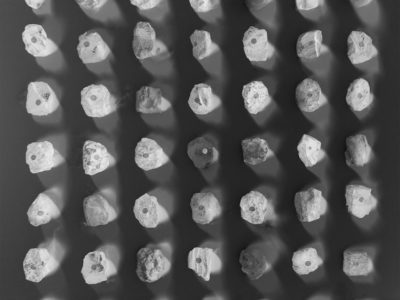
Private Companies Want to Mine Asteroids, and You Should Care About It (Photos by Ezio D’Agostino)
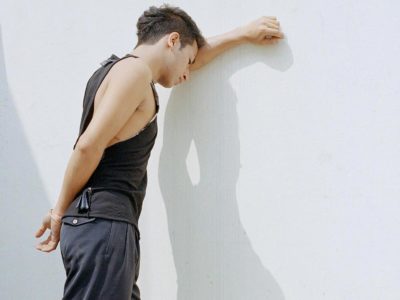
Karolina Gembara’s Photographs Symbolize the Discomfort of Living as an Expat
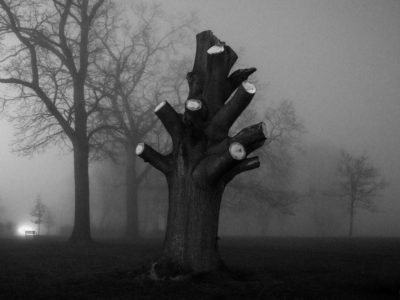
Robert Darch Responds to Brexit with New, Bleak Series The Island
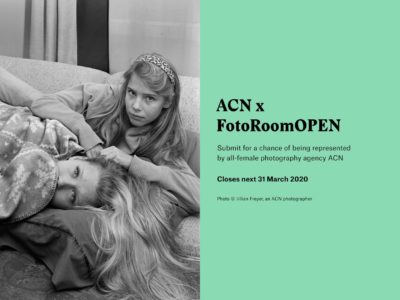
Enter FotoRoomOPEN for a Chance of Being Represented by All-Female Photography Agency ACN
